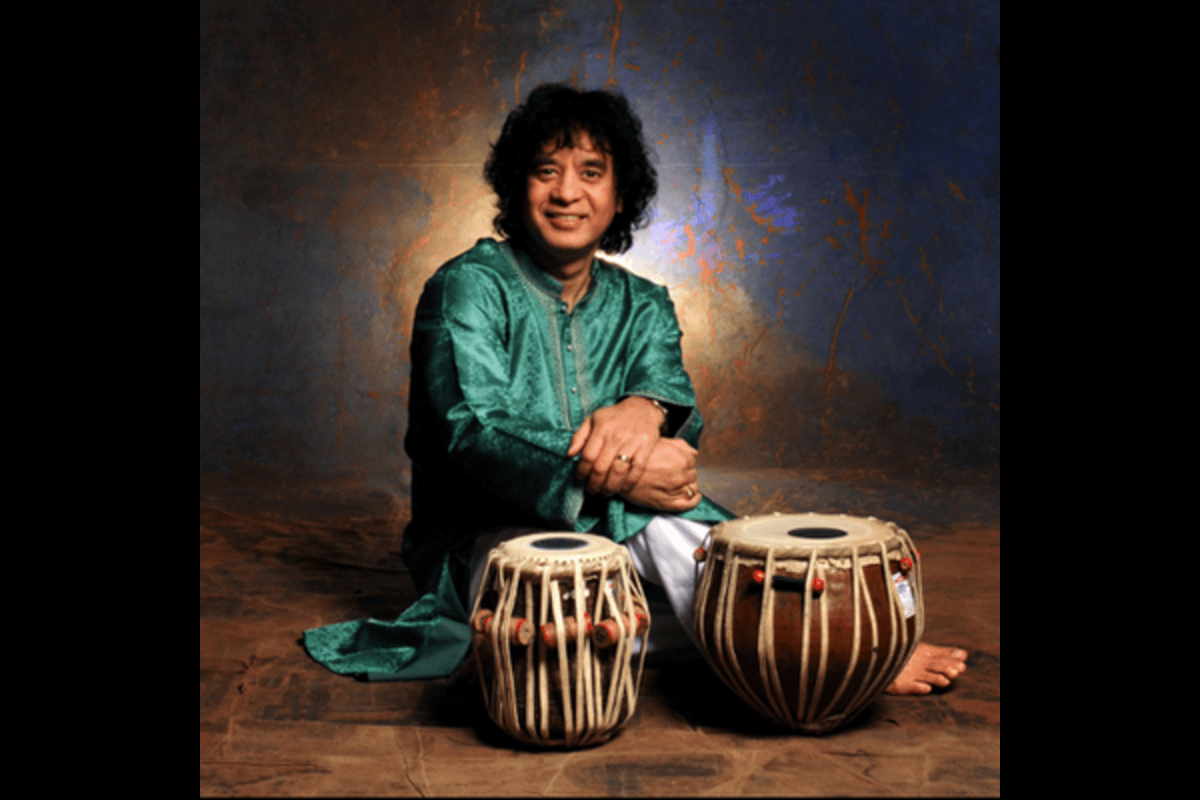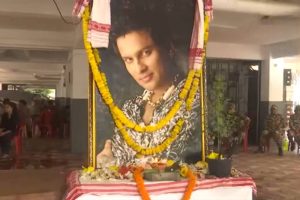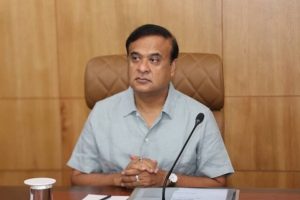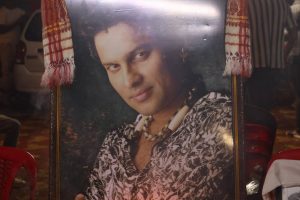The world of music is in mourning today with the news of the passing of Ustad Zakir Hussain, one of the greatest and most influential percussionists of all time.
The legendary tabla virtuoso, renowned for his unparalleled mastery of Indian classical music and his global collaborations, died on December 15, Sunday, in San Francisco at the age of 73.
The cause of death was confirmed to be idiopathic pulmonary fibrosis, a chronic lung disease. The news was confirmed by Jon Bleicher of Prospect PR, representing the family.
Ustad Zakir Hussain’s passing marks the end of an era for world music. His extraordinary career spanned almost six decades, during which he elevated the tabla from a supporting instrument in Indian classical music to a central figure in performances worldwide.
Known for his virtuosity and emotive expression, Hussain was not just a performer, but a cultural ambassador who bridged the gap between traditional Indian rhythms and global musical genres.
Born on March 9, 1951, in Mumbai, India, Zakir Hussain was the son of the iconic tabla master Ustad Alla Rakha. From a young age, he displayed a remarkable affinity for the tabla, quickly gaining recognition for his exceptional talent. By the time he was a teenager, Zakir was already performing alongside some of the greatest Indian classical musicians.
Throughout his career, Ustad Zakir Hussain collaborated with some of the most iconic names in both traditional Indian and global music scenes. He worked with legends such as Pandit Ravi Shankar and Ustad Vilayat Khan, and was a key figure in creating international fusion bands like Shakti with guitarist John McLaughlin and Planet Drum with Grateful Dead’s Mickey Hart.
His collaboration on the Planet Drum album also earned him a Grammy Award.
Zakir Hussain’s contributions to music were recognized by numerous prestigious awards over the years, including the Padma Shri (1988) and Padma Bhushan (2002) from the Indian government, as well as four Grammy Awards.
His excellence in Indian classical music was honoured by the Sangeet Natak Akademi Award, and in 2014, he received the National Heritage Fellowship, the highest honour for traditional artists in the United States.
As news of his death spread, tributes poured in from across the globe.
Musicians, artists, and fans alike mourned the loss of a man whose music not only transcended borders but also united people of diverse cultures.





